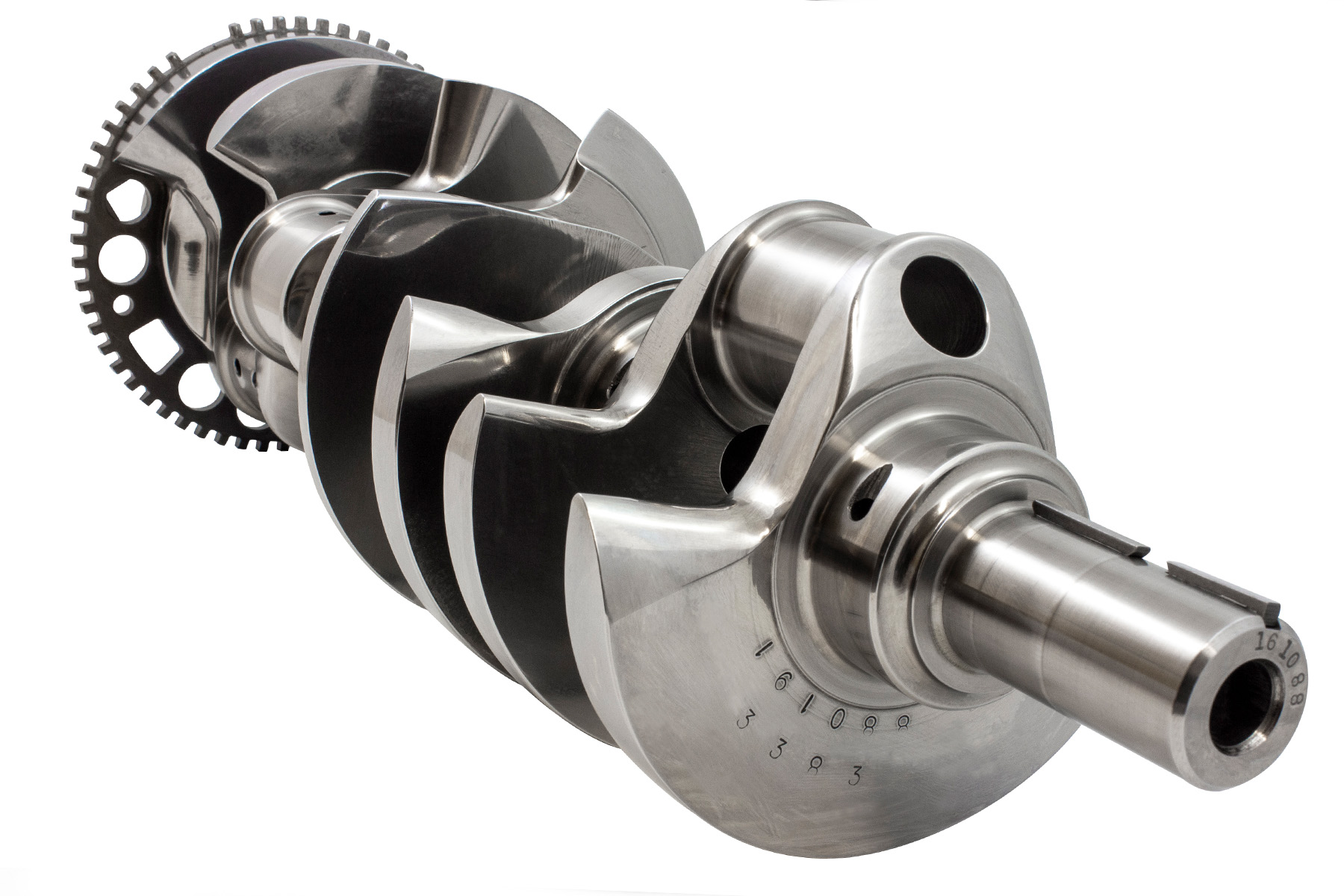Crankshaft Maintenance - How to Keep Your Crankshaft Running Smoothly

The crankshaft is the beating heart of an engine. Without it, your car would be nothing more than a lifeless hunk of metal. As such, it's important to keep your crankshaft in good working order. This involves regular maintenance and occasional repairs. In this article, we'll go over some things you can do to keep your crankshaft running smoothly.
First and foremost, you need to understand the function of the crankshaft. As mentioned earlier, it's responsible for converting reciprocating motion (up and down) into rotational motion (round and round). This is achieved through the use of "crank throws" or "crankpins" - additional bearing surfaces whose axis is offset from that of the crank. The big ends of the connecting rods from each cylinder attach to these crankpins.
The crankshaft is a complex piece of machinery and as such, it requires regular maintenance. Here are some things you can do to keep it running smoothly:
• Regular oil changes - The oil in your car acts as a lubricant for the moving parts. Over time, it can become contaminated or break down. This can cause the crankshaft to wear out faster than it should. Do yourself a favor and change your oil regularly.
• Check for vibrations - If you notice any unusual vibrations while driving, it could be a sign that there's something wrong with your crankshaft. Get it checked out as soon as possible.
• Watch for leaks - If you notice any leaks under your car, it could be a sign that the crankshaft seal is damaged. This can cause oil to leak out and damage the engine.
• Listen for strange noises - If you notice any unusual clunking or knocking sounds coming from your engine, it could be a sign that your crankshaft is damaged. Get it checked out as soon as possible.
If your crankshaft does require repairs, don't panic. There are plenty of professionals out there who can fix it for you. Common repairs include:
• Replacing bearings - Over time, the bearings in your crankshaft can wear down. If this happens, they'll need to be replaced.
• Welding - If your crankshaft has cracks, it can be welded. This will reinforce the part and prevent further damage.
• Balancing - If your crankshaft is unbalanced, it can cause vibrations and damage to other parts of the engine. Balancing involves adding or removing material from the crankshaft until it's perfectly balanced.
In conclusion, the crankshaft is a vital part of your car's engine. To keep it running smoothly, make sure to perform regular maintenance and address any issues as soon as they arise. If repairs are necessary, don't hesitate to seek out a professional. By following these guidelines, you can keep your car running for years to come.